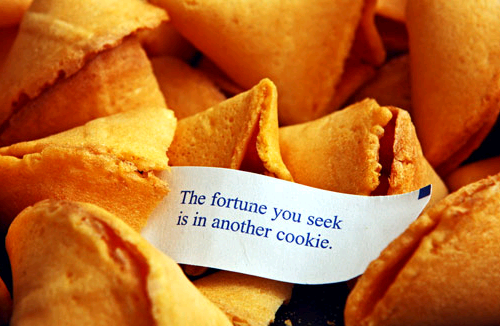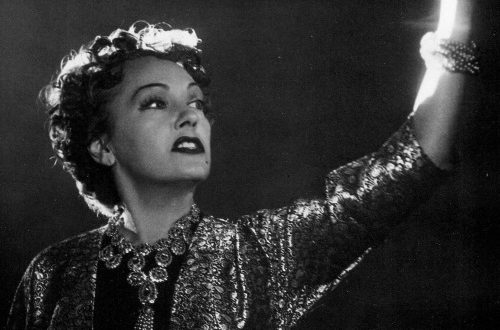David Aaronovitch writes in the Times today about Eton, beginning, as one does, with a brief diversion into perversions and fetishes:
In the days before the arrival of the internet the only discussed perversions and fetishes were bondage, high-heels and necrophilia. Then came the knowledge, reluctantly gained, that there was a whole “community” that was turned on by fluffy toys, and even from this there was a breakaway group whose most exciting moments came while themselves dressed up as fluffy toys. I thought I knew it all.
I hate to break it to David, but this is tame stuff, presumably dating from the days when the internet was in its infancy – when it was all in black and white, and we’d stand for the national anthem before the web shut down at seven o’clock and there’d be no more tropes or memes until the following morning. Nowadays there are sites, communities and even poetry devoted to the (imagined) practice of wrapping deceased crooner Roy Orbison in clingfilm. But I digress. The fetish David’s interested in is quickly revealed:
Then, last week, my friend Nick Fraser publishes a book about Eton where, it turns out, he went to school. And in it Nick reveals that there are women out there (he knows them) who are unable to make love with anyone who didn’t attend the college. They wouldn’t have a Wykehamist or a Salopian; one kept “a tally of bagged Etonians in the style [writes Fraser] of Lord Byron stuffing a cushion with the pubic hair of his conquests”.
It appears that Eton has been “mythologised by those outside it and those inside it. Hogwarts wouldn’t work as a stereotype if we weren’t all so familiar with a school for magical people, where special words are used and special clothes are worn”. Aaro notes “Rowan Pelling in 2002 telling readers that ‘the only bad thing about being in France for 10 days, was missing the wedding of the year. This dazzling event was Lucy Sykes’s wedding to old Etonian Euan Rellie'”, and asks “Why is the former school of the groom of any significance, whether to Pelling or to us?” My guess is that Euan Rellie’s stratospheric success in some other field has yet to eclipse his status as an old Etonian, but I take the point. Aaro then quotes a Telegraph article by Charles Moore, where Moore makes the case for viewing Etonians as an oppressed minority:
At the Labour Party conference last month, Gordon Brown had only to say of Cameron “He’s an Old Etonian” to be able to dismiss him derisively. It is hard to think of another minority against whom prejudice about unchosen origins could be expressed so freely. If Mr Brown had attacked an opponent saying – “He’s a Jew”, “He’s a slum boy”, “He’s a cripple” – his career would rightly have drawn swiftly to its close.
In canvassing the public’s views about poor misunderstood Etonians, Moore spoke to all sorts of other bizarre minority groups, including, even, “a woman. She said that women were much vaguer than men about who went to what school, and found such talk very boring”. I agree with this woman. I didn’t attend Eton or Oxbridge – I doubt whether I could even find Oxbridge on a map – but when I meet people who did I’m not impressed or intimidated or anything else. Sadly I may be the exception rather than the rule. Aaro talks about the report by the Sutton Trust, showing that “over the past 20 years the proportion of ‘top’ media folk educated privately had not fallen, as one might have expected, but risen…The trust reported a common perception among leading editors “that the gap in ability between those from private schools and those from state schools has widened over the last few decades. Young, independently educated aspiring journalists . . . are just more confident, knowledgeable and self-sufficient at an earlier age than their state-school counterparts”. “Where”, he asks, “did this common perception come from? Where did those leading editors send their own kids? Who did they meet?”
Whom did they meet, surely? Where on earth did Aaronovitch go to school?


